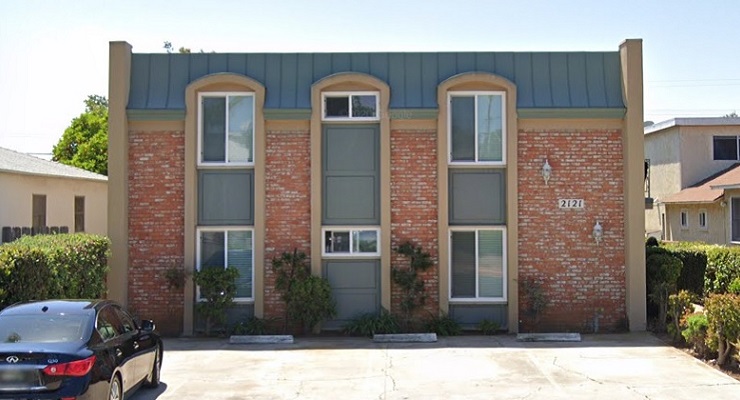
Despite slower growth in recent weeks, the California economy is still resilient, according to a recent report by the California Association of Realtors (CAR). As part of this strength, consumers’ general outlook continues to edge higher.
As the report noted, a strong labor market is a large factor as it pushes real wages higher, halting the economy from falling behind. But at the same time, the report noted, real spending may be faltering, and demand may soon begin to pull back, sending the economy into correction mode.
At the same time, as mortgage rates slip ever so slightly, applications to purchase or refinance are increasing. Housing supply is still expected to be tight in coming months, however, due to the “lock-in” effect.
The “lock-in effect” means that as long as property values increase by more than two percent per year, homeowners gain from remaining in the same house because their taxes are lower than they would be in a different house of the same value, according to the National Bureau of Economic Research.
Thus, inventory remains an issue, as new listings continued to fall in March, according to CAR, dropping nearly half (47.3%) as much as the same month of last year.
Usually, the report noted, new listings and inventory starts picking up at the end of the first quarter, to launch the spring home-buying season. New listings across all regions and all price ranges, however, said CAR, have slowed significantly since late last year.
Nearly two-fifths of realtors, on average, have expressed having clients holding back from selling, for the last five months, the CAR report noted.
With mortgage interest rates remaining nearly twice as high as last year’s levels, said CAR, many sellers are averse to giving up low-interest-rates locked in prior to the Fed’s rate hikes that began in early 2022.
At the same time, according to the Mortgage Bankers Association’s (MBA) Market Composite Index, mortgage application volume increased 2.9% on a seasonally adjusted basis and 3.0% unadjusted during the week ended March 24, compared to the week ended March 17. Applications for both home purchases and refinancing rose for the fourth time as mortgage rates remain low compared to a few weeks ago before the bank failure fallout.
As of March 30, the 30-year fixed-rate mortgage (FRM) averaged 6.32% — the lowest in six weeks, the CAR report noted. With home price growth slowing and rates declining in recent weeks, buyers’ purchasing power should continue to improve and will likely bring more buyers back into the market, however.
As previously noted, a shrinking supply of new homes, however, will continue to be a challenge as the spring home-buying season gets underway.







